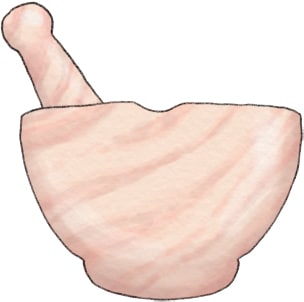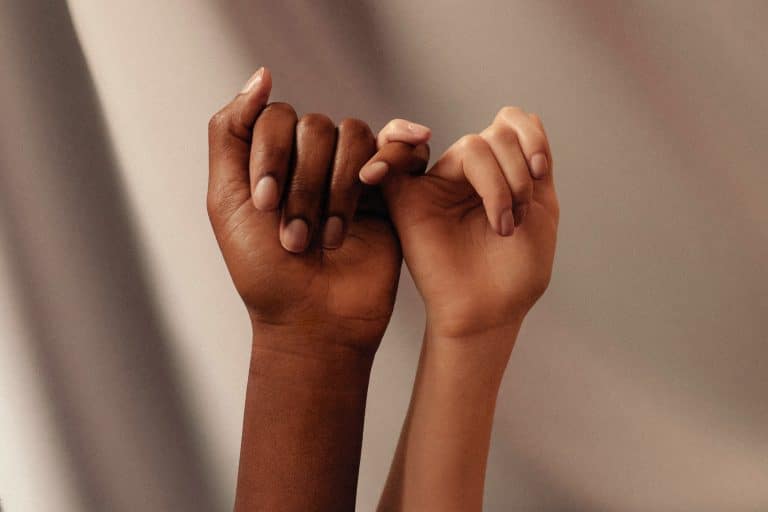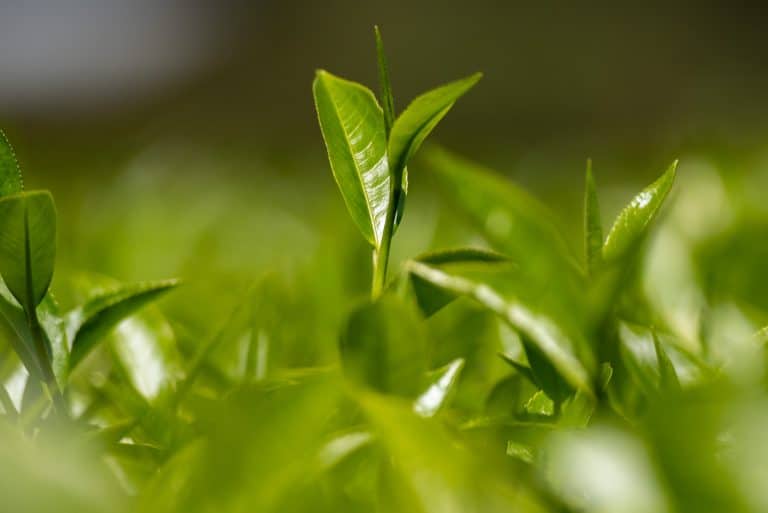With demand for global functional beverages on the rise, we take a look at five key trends to watch in this exciting space.
Functional Beverage Trend #1: Fabulous Ferments
Raw and fermented foods have seen effervescent growth over recent years, with everything from kimchi to kombucha appearing in shops and cafes around the world. Fermented beverages contain probiotic bacteria, meaning you can add so-called “good” bacteria into your system, promoting a health gut microbiome, and potentially strengthening your immune system.
Functional Beverage Trend #2: Powered by Nature
People seeking health benefits from their food and beverages are highly likely to want them to also be natural. A full 90% of consumers already avoid synthetic and unnatural ingredients[1] and we expect to see a rise in the number of products available which both contain functional ingredients, and which make natural, free-from and organic claims.
Functional Beverage Trend #3: Awesome Antioxidants
Antioxidants are already one of the better-known compounds linked to health benefits. As research into the antioxidant properties of compounds in tea – such as catechins, thearubigins and theaflavins – continues, we expect interesting developments. These may include increasing consumer understanding of – and interest in – the different types of antioxidants.
Functional Beverage Trend #4: Mood Boosters
As well as physical health, consumers are increasingly interested in products that boost mental wellbeing. We predict a surge in products containing adaptogens to reduce stress, botanicals to promote relaxation and caffeine to support focus. L-theanine is an increasingly interesting amino acid that is unique to tea and purportedly helps reduce anxiety and stress.
Functional Beverage Trend #5: Products with Purpose
In 2019, over a quarter of all food and beverages launched globally carried an ethical claim[2]. What’s important to note is that the discerning consumers who purchase functional drinks also expect high ethical standards. They want products that align with their values. The good news for brand owners is that two thirds of consumers are already willing to pay more for sustainable products[3] and goods marketed as sustainable grew 5.6 times faster in value terms compared to products that are not[4].
Tap into functional beverages trends with The Wellbeing Collection by Finlays. Find out more here.
References
1 GlobalData Plc, 2019
2 Mintel GNPD (Global New Products Database), 2021
3 Lightspeed, 2020
4 NYU/Stern, 2019, quoted in the Harvard Business Review. Analysis of 36 consumer package goods categories based on IRI data for the US market








